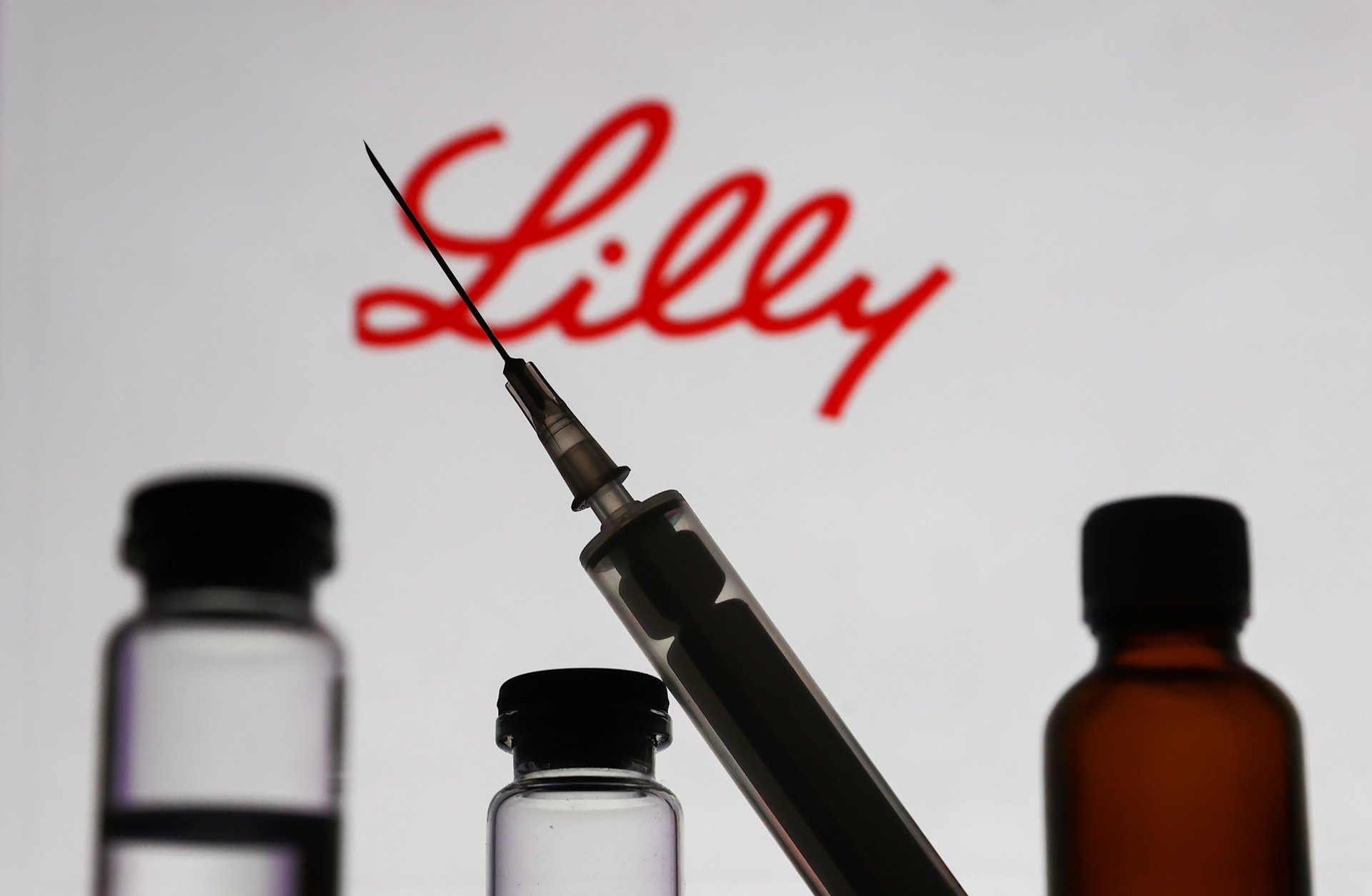Getting your hands on Zepbound may get easier this year with new single-dose vials
Eli Lilly will start selling single-dose vials for starter doses of Zepbound in the coming weeks

Eli Lilly announced on Thursday that it finally launching single-dose vials for starter doses of its blockbuster weight loss drug Zepbound. The move will potentially help meet strong demand for the popular drug.
Suggested Reading
Frustrated Zepbound users having been calling — on TikTok and other social media — for Eli Lilly to sell the medication in vials to address supply constraints.
Related Content
The company said in its second quarterly earnings report for 2024 that it will start selling in the United States single-dose vials for 2.5mg and 5mg doses of Zepbound in the coming weeks.
The news comes as the pharma giant said sales of the highly-sought after diabetes and weight loss drugs during the second quarter outperformed expectations, resulting in it raising revenue outlook for the year.
Sales of Mounjaro in the quarter reached $3 billion, blowing past analysts’ expectations of $2.4 billion in sales, according to a consensus estimate from FactSet.
Zepbound belong to a class of drugs known as incretin medications that work by mimicking hormones that regulate blood sugar and suppress appetite. Incretins were originally used to treat type-2 diabetes, but have become highly sought after for their slimming side effects.
Skyrocketing demand for Zepbound and other weight loss drugs have transformed Eli Lilly and Novo Nordisk into the most valuable pharmaceutical companies in the world. However, increased demand has also made it difficult for some patients to get their prescriptions filled. Novo Nordisk’s and Eli Lilly’s incretin treatments are both listed on the U.S. Food and Drug Administration’s drug shortage database.
Frustrated Zepbound users having been calling — on TikTok and other social media — for Eli Lilly to sell the medication in vials to address supply constraints.
The production of Zepbound’s pre-filled injection pens seem to be a contributing factor for the shortage. Eli Lilly CEO David Ricks previously told Bloomberg that the pens require “some of the most complex” production systems in the world.
“They certainly open up a node of the most constrained part of the supply chain, which is fill-finish and the final container closure,” Ricks said on a call with investors on Thursday about the new vials. “And it uses different lines, obviously, than syringes or cartridges. So, it just adds to our capacity.”
He added, their most meaningful impact the vials will have on Zepbound supply will start to show up in early 2025.